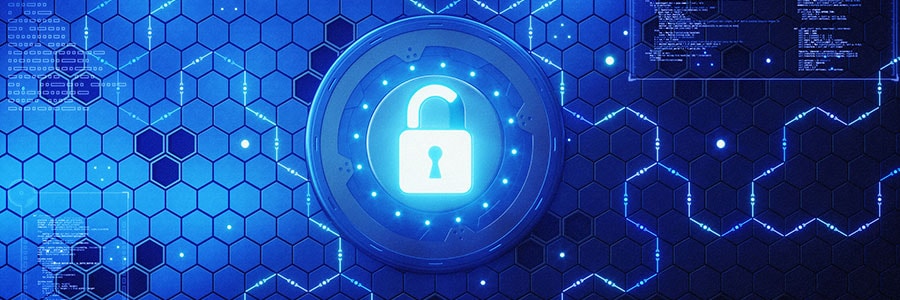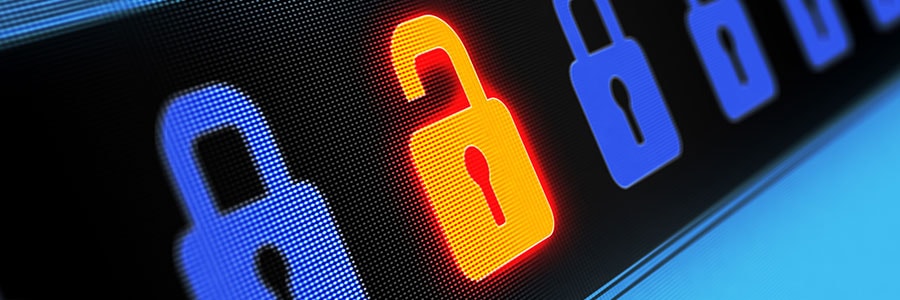Undoubtedly, 2018’s first set of truly bad news involves reports about the Spectre and Meltdown bugs, fundamental flaws in computer processors that can leak highly sensitive data. Researchers say they affect a majority of modern computers, and chances are your business’s devices are also affected.
Spectre & Meltdown safety for Apple devices
Steps to safeguard your mobile devices
Phishing alert: scammers now use encryption
HP laptop users beware: keylogger found
Healthcare Security Breaches Skyrocket
Apple releases KRACK patch in latest OS

Almost every macOS update comes with a security patch that users often dismiss. If you’ve read about KRACK, then you should know that updating your Mac’s operating system to macOS 10.13.1 High Sierra is extremely important. Here’s everything you need to know about Apple’s latest Mac OS.
Why you should update now
Foremost on Apple’s list of macOS updates is the addition of 70 new emojis.
Ransomware targets healthcare again
Scammers are creating new scams just for VoIP

VoIP (Voice over Internet Protocol) makes business communications simple and inexpensive. Naturally, shrewd scammers have found a way to use VoIP as a means to carry out ‘vishing scams,’ a new type of phishing whereby fraudsters make phone calls, pose as a business or financial partner, and request private details.
Steer clear from these types of malware
Beware: Nyetya is worse than WannaCry
- 1
- 2








